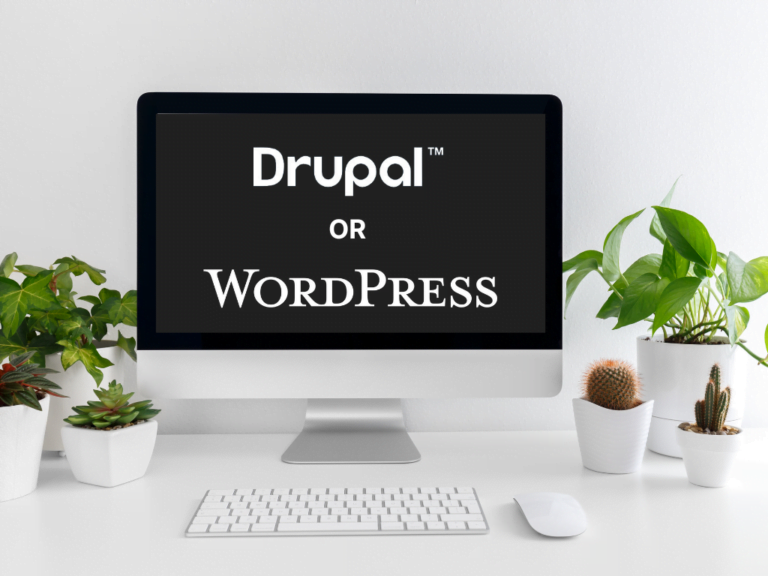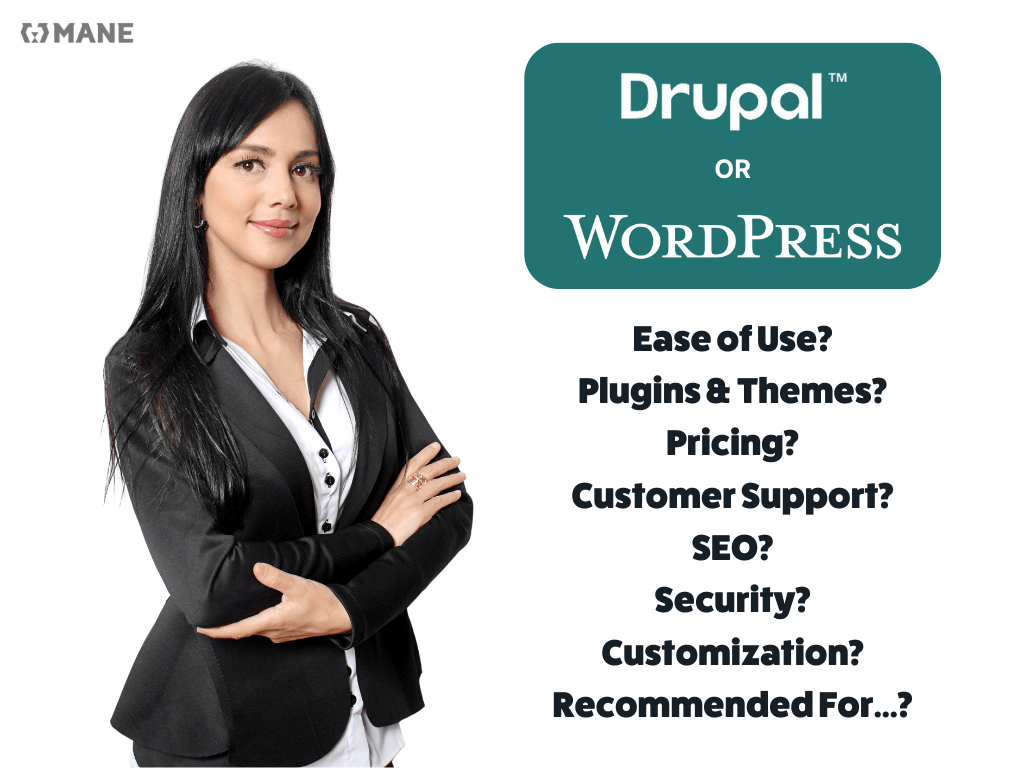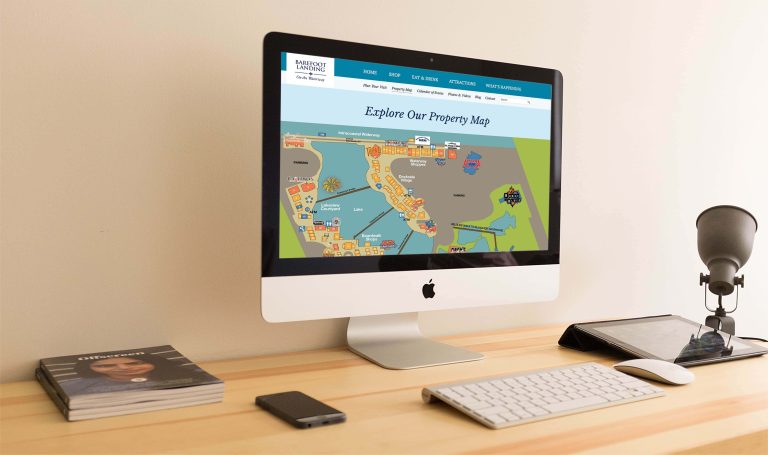
Drupal vs. WordPress – Which CMS is Better? (2023 Comparison)
Introduction – Drupal vs. WordPress
By analyzing Drupal vs. WordPress, two competing CMSs of similar age, we complete our series of comparisons with WordPress, which reigns supreme in terms of popularity and usage among developers. Drawing from our development experience, we offer a comprehensive comparison. Let’s delve in.
To begin with, let’s provide a snapshot of these two titans and their market shares. WordPress powers 29.13% of top 1 million sites based on traffic and accounts for 63.1% of those built on a CMS. In contrast, Drupal holds a 6.37% share of all websites.

Ease of Use
A significant factor behind the disparity in usage is that Drupal isn’t as beginner-friendly. Customers typically opt for Drupal when they need a feature-rich website with extensive customization and vast content management capabilities. In contrast, the WordPress dashboard, complemented by an array of ready-to-use themes and plugins, empowers even novices to craft a basic website. Features like the WYSIWYG (What You See Is What You Get) editor and Gutenberg blocks further simplify the process. Drupal, while boasting a basic dashboard, can be daunting, even for seasoned professionals. The recent release, Drupal 10, has made strides, but it still lags behind WordPress in user-friendliness. Furthermore, creating a basic site with Drupal often requires theme customization, making it hard for non-developers.
WordPress clearly has the edge in this category.
Drupal vs. WordPress: Plugins and Themes
Diving deeper into plugins and themes: While Drupal offers themes and modules (its answer to WP’s plugins), the choices are limited with 50,000+ modules and 3,090 themes. WordPress, on the other hand, boasts 59,000+ free plugins and 11,000+ free themes, not to mention premium options.
Given Drupal’s inherent complexity, especially for non-technical users, WordPress emerges as the superior choice here.
Drupal vs. WordPress: Pricing
Costs are inevitable, regardless of the platform. Whether you’re launching on WordPress or Drupal, you’ll need hosting and a domain. Typically, domains range from $10-$15, and hosting is around $12/month, varying based on requirements. Development costs on either platform are comparable, especially if you possess PHP proficiency. With WordPress, a developer might be necessary for extensive customization or specific features. There’s also the potential cost of premium themes and plugins. However, with Drupal, unless you’re a seasoned Drupal developer, you’ll likely need professional assistance — which often comes at a premium due to high demand and limited availability.
When it boils down to cost, WordPress offers better value.
Customer Support
Both WordPress and Drupal have robust communities offering extensive documentation, forums, tutorials, and blogs. However, given the sheer volume of WordPress users, its knowledge base is unsurprisingly more expansive. For most issues on WordPress, chances are someone else has already encountered (and solved) them. With its user-friendliness, WordPress often enables even novices to troubleshoot issues.
WordPress wins hands down in terms of customer support.
SEO
Both platforms provide comprehensive SEO tools. Drupal’s edge lies in its native caching, a feature WordPress users must add via plugins. For other on-site SEO components, Drupal offers modules like Metatag and XML sitemap. WordPress counters with renowned plugins like Yoast and All in One SEO Pack.
In SEO capabilities, it’s a tie.
Security
Drupal stands out with enterprise-level security, making it a go-to choice for critical websites, including the White House and over half of U.S. government sites. Drupal also offers comprehensive security reports, guiding users on best practices. While WordPress can be fortified against threats, its myriad plugins, especially low-quality ones, can introduce vulnerabilities. In terms of security, Drupal has the upper hand.

Customization Possibilities
Given what we’ve discussed, you might predict the winner here. WordPress boasts an extensive library of themes and plugins, catering to nearly every website need. Meanwhile, Drupal themes often demand customization, and its modules (plugins) are limited in number. However, Drupal compensates with advanced features that outshine WordPress, such as highly customizable content types, multilingual support, and a sophisticated taxonomy system. Yet, in this category, WordPress still takes the crown.
Conclusion
While we lean towards WordPress as the preferable solution, Drupal has its merits, particularly for complex, custom projects. Your choice ultimately hinges on the nature and requirements of your website. Uncertain or have queries? Don’t hesitate to reach out to us at MANE digital.



